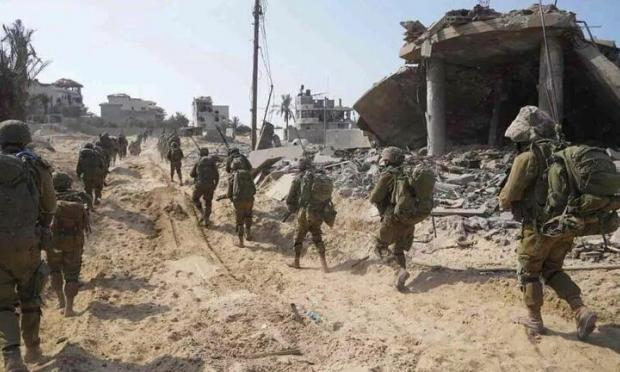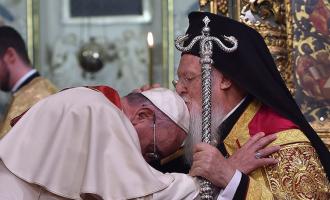A very interesting article is hosted today by the Cypriot Press, specifically the website Sigmalive, as it refers to the differences in the concept of death for Islamist Fighters of Hamas and Hezbollah on one side, and Israeli Soldiers on the other.
It notably emphasizes that the concept of death among Islamist fighters and Jewish soldiers has deeper religious, philosophical, and cultural roots, which influence their worldview and their attitude towards life and war.
Islamist Fighters
The religious perception of death among Islamist fighters is based on Islam, particularly on interpretations concerning the concept of jihad. Jihad, often interpreted as "holy war," can take many forms. For radical Islamists, violence is seen as a necessary means to defend the faith and protect the Muslim world from enemies. In this context, death in the war against "infidels" or "oppressors" is portrayed as the highest form of religious sacrifice.
The Martyr (Shahid)
Death as a martyr (shahid) is especially significant in radical Islamic traditions. According to the Quran and Islamic theology, martyrs hold a special status after death. It is believed that their soul enters paradise immediately, where they will enjoy eternal bliss. This idea leads many fighters to view their death not as an end, but as the beginning of a new, better life in paradise. This is reinforced by the promise of individual rewards for the families of martyrs, who are honored and respected in society.
Psychology and Propaganda
The propaganda used by many Islamist groups (such as Al-Qaeda, the Islamic State, and others) focuses on the importance of death as a martyr and the use of violent actions, such as suicide attacks, as heroic acts that ensure eternal life. Death, from this perspective, is considered an act of extreme heroism and a contribution to the community of believers (Ummah), a belief often ingrained by the educational and social environment in which the fighters are raised.
Jewish Soldiers
For Jewish soldiers, and especially Israeli soldiers, the concept of death has a deeply collective character. Defending the State of Israel and the Jewish people is not only a political obligation but is directly tied to the survival of the Jewish identity itself. The Talmud and Jewish tradition place particular importance on the defense of the community, with an emphasis on the protection of life and family.
Religious and National Values
Israel, as a state, was established with the belief that it is the historical and religious homeland of the Jews after the destruction of the Temple and their diaspora. Thus, the death of an Israeli soldier in the defense of the homeland is seen as the highest sacrifice for the protection not only of the nation but also of the people, cultural heritage, and religious beliefs.
National Memories and Honors
The death of soldiers is publicly honored, and their memory is kept alive through ceremonies and memorials. In Israel, Memorial Day for Fallen Soldiers is one of the most important national holidays, where the country honors all those who have fallen in battles defending the state. This reflects the strong cultural connection between the military and the entire society in Israel, as all citizens are required to perform mandatory military service.
Comparative Analysis
Although both Islamist fighters and Jewish soldiers view death as a sacrifice, the nature and reasons for the sacrifice differ:
Islamist fighters perceive death primarily as a religious obligation, with an emphasis on individual salvation and reward in paradise.
Jewish soldiers, on the other hand, view death as an act of national and collective sacrifice for the protection of the people and the land of Israel, with an emphasis on national solidarity and historical duty.
In summary, death for both groups is an act of profound significance that reflects their deeper religious, political, and cultural values.





